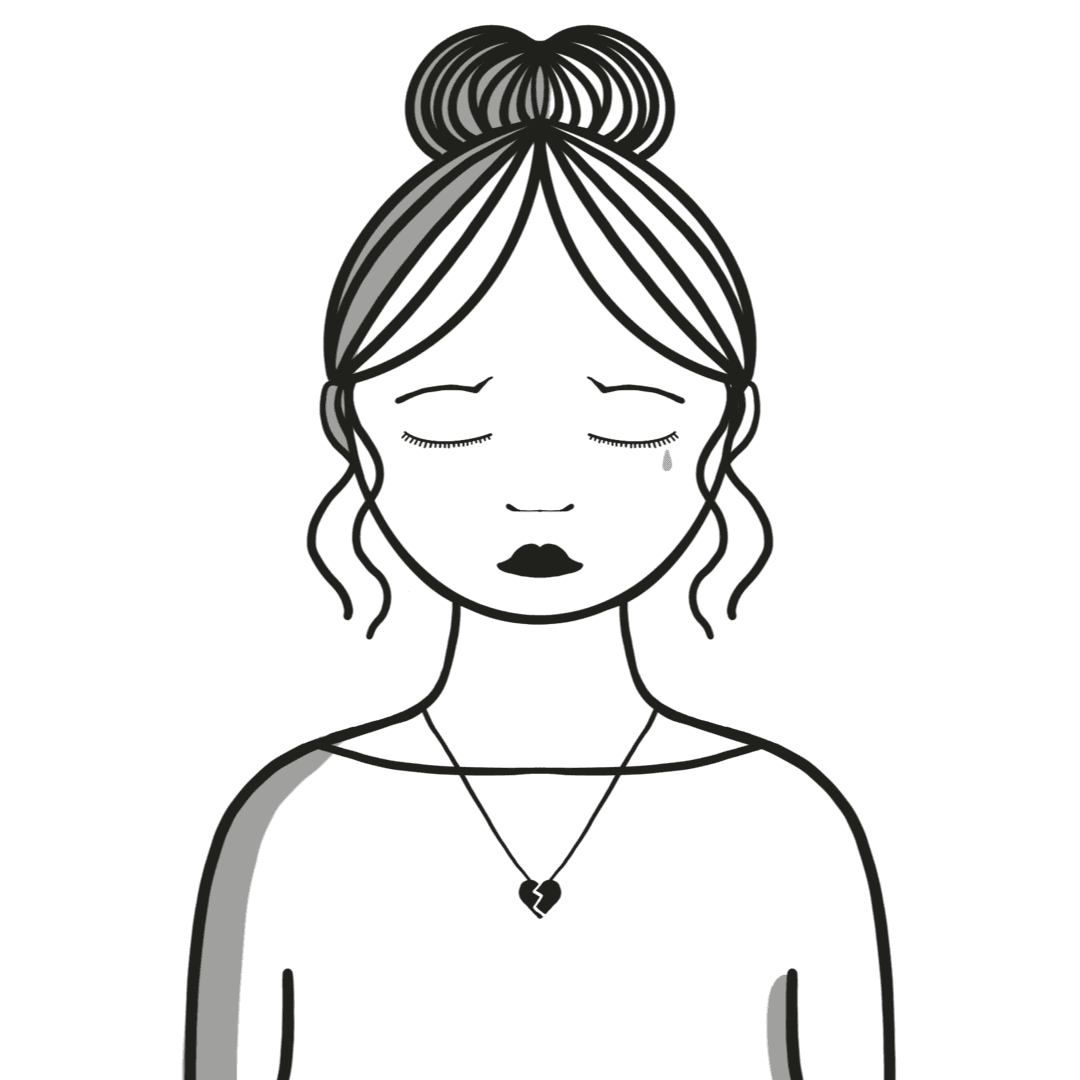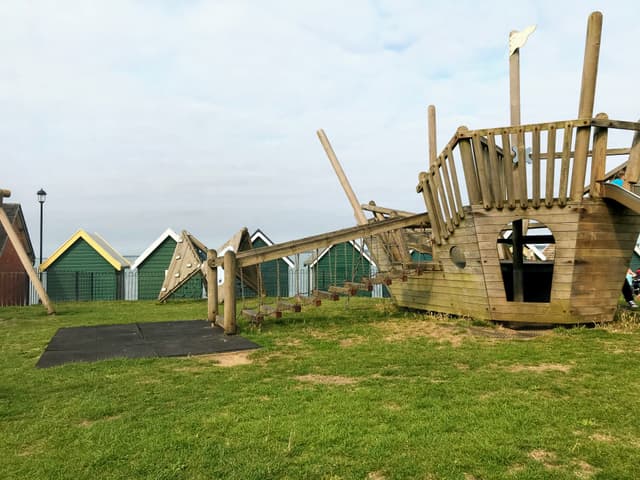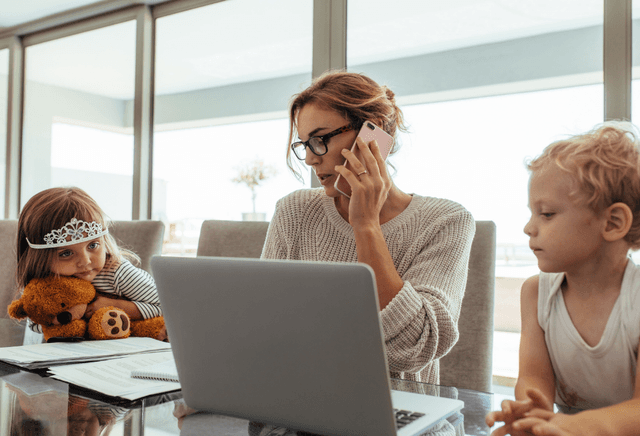
Coping with Loss
Baby Loss Awareness Week (9-15th October 2020)
An article from Victoria, founder of The Motherhood Society
Heartbreakingly, miscarriage and baby loss happen far more frequently than you may expect. In fact, it is estimated that 1 in 4 pregnancies end in miscarriage and 15 babies are stillborn or die shortly after birth everyday.
Bearing this in mind, it is shocking to me that families are often left unsupported when they need support the most.
According to a report published in 2019 by the Baby Loss Awareness Week Alliance, more than eight out of ten NHS commissioners across the UK fail to provide specialist therapies for parents who experience a psychiatric illness after pregnancy loss or the death of their baby. The report also revealed that 60% of bereaved parents surveyed felt they needed specialist psychological support, but were not able to access it on the NHS. Painfully, those bereaved parents who were able to get psychological support, often had to attend clinics where they were surrounded by families with babies.
When I suffered a miscarriage at 12 weeks, I was lucky that Gloucester Royal were excellent. They pushed forward my scan and took me to a side room to wait so I didn’t have to sit with the other expectant mothers waiting to find out what we already knew. But, kind words from friendly nurses and a simple leaflet on “dealing with miscarriage” was the only psychological support I received. Sadly, I am not alone.
According to The Lullaby Trust, thousands of parents experience pregnancy or baby loss every year. Not all of them will develop a psychiatric illness after their loss but research shows that women who have experienced stillbirth, miscarriage or ectopic pregnancy are at higher risk of PTSD, anxiety, and depression, than those who haven’t. Of course their partners can also experience mental health problems after pregnancy or baby loss, including feeling suicidal.
As well as a lack of mental health support for grieving families available on the NHS, there is also no specific employment legislation for families suffering miscarriage.
After suffering a miscarriage, returning to work can be difficult. Currently, you can ask your employer if they will provide compassionate leave. If you’re not well enough to work you are entitled to sick leave, but there is no specific legislation for miscarriage meaning that it is up to the discretion of your employer. If you need to take sick leave it should be treated as pregnancy-related sickness and, according to the Maternity Action website, your employer must count any sick leave related to pregnancy or miscarriage separately and must not use it again at you, for example, for disciplinary or redundancy purposes.
Again, I was very lucky that my employers were respectful and supportive. They allowed me to take to time I needed and were discreet. It is your information to share, if you choose to, and you shouldn’t feel pressured to be open about your loss unless you want to.
After baby loss, a phased return to work may be helpful, and allow you to return to work more quickly. You are entitled by law to reasonable adjustments to help you do your job if you have a disability - this includes a mental health issue but sadly you are not legally entitled to such adjustments after a miscarriage. If you are struggling to return to work, it is definitely worth discussing with your manager things that may be difficult and asking if any adjustments can be made. Returning on temporarily reduced hours may help you feel more able to cope. There is a wealth of information on the Miscarriage Association and Maternity Action websites and if you are unhappy with how you have been treated ACAS.org.uk have lots of information on raising an issue at work.
Following our posts on Instagram this week, the stories relayed by local mothers are extremely varied. Some felt supported and respected by their employers, others were harassed back to work after having only days to grieve and found themselves suffering with their mental health further down the line. Some received counselling and professional support, others felt abandoned and even shamed. If you head to motherhoodsociety.co.uk and check out The Motherhood Library you can read all about Katie Mitchell’s honest account of coping with the loss of her babies.
Whatever your experience, just remember, you are not alone. Please reach out.
The Motherhood Society aim to provide a welcoming community where you can find solidarity and support. Peer support is a valid and vital part of protecting maternal mental health. From experience, as a woman navigating motherhood, it helps to have someone to discuss the route with.
Victoria
The Motherhood Society
Visit The Motherhood Society website for more
Follow The Motherhood Society on Instagram here






